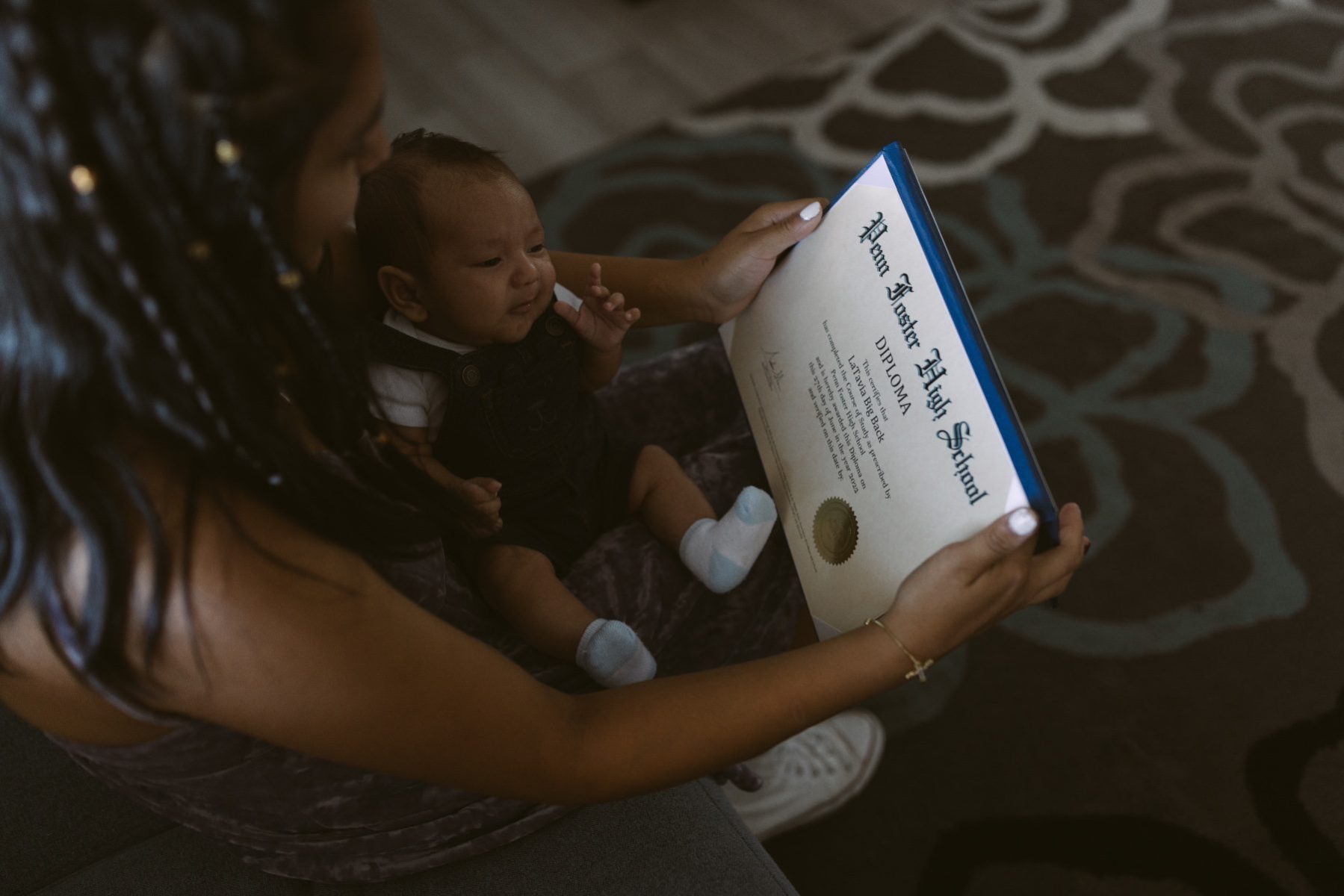This story about pregnant students was produced by The Hechinger Report, a nonprofit, independent news organization focused on inequality and innovation in education. Sign up for the Hechinger newsletter.
LaTavia BigBack was 17, a high school junior, when she and her friends were in a car crash. In the hospital, the doctor asked if she minded her friends being in the room — he had some news for her. LaTavia said no; she thought maybe she had a concussion. But the doctor told her she was pregnant. Years later, she still cries when she remembers her friends’ expressions. “I felt embarrassed and terrified, because me and my friends were so young.”
She considered an abortion, but her 23-year-old boyfriend disappeared and she didn’t have any money. “It’s expensive to get the procedure, and he just kept flaking on the appointments,” she said. “So I had kind of no choice but to go along with the pregnancy.”
As word of her pregnancy spread at her school in Colorado, so did the unkind comments and judgmental attitudes. Except for one friend, even those who had been in the accident with her pulled away. When her classes were assigned group projects, no one wanted her in their group. Her teachers never acknowledged her growing belly, and the school counselor had no suggestions for outside resources.
Never a good student, she started falling even further behind. Finally, at four and a half months, she confided in her dad. LaTavia’s mom guessed several weeks later when she developed a craving for strawberries. LaTavia found herself growing more and more isolated at school and dropped out in her junior year.
“If there was anyone who encouraged me, who gave me support, I would have stayed,” she said. Instead, at seven and a half months, with swollen feet and an anxious heart, LaTavia began working two part-time jobs — as a server in a restaurant and a cashier at Walmart. She bounced between her divorced parents’ houses and felt hopeless. “I honestly felt like my life was over.”
LaTavia’s story is disturbingly common.
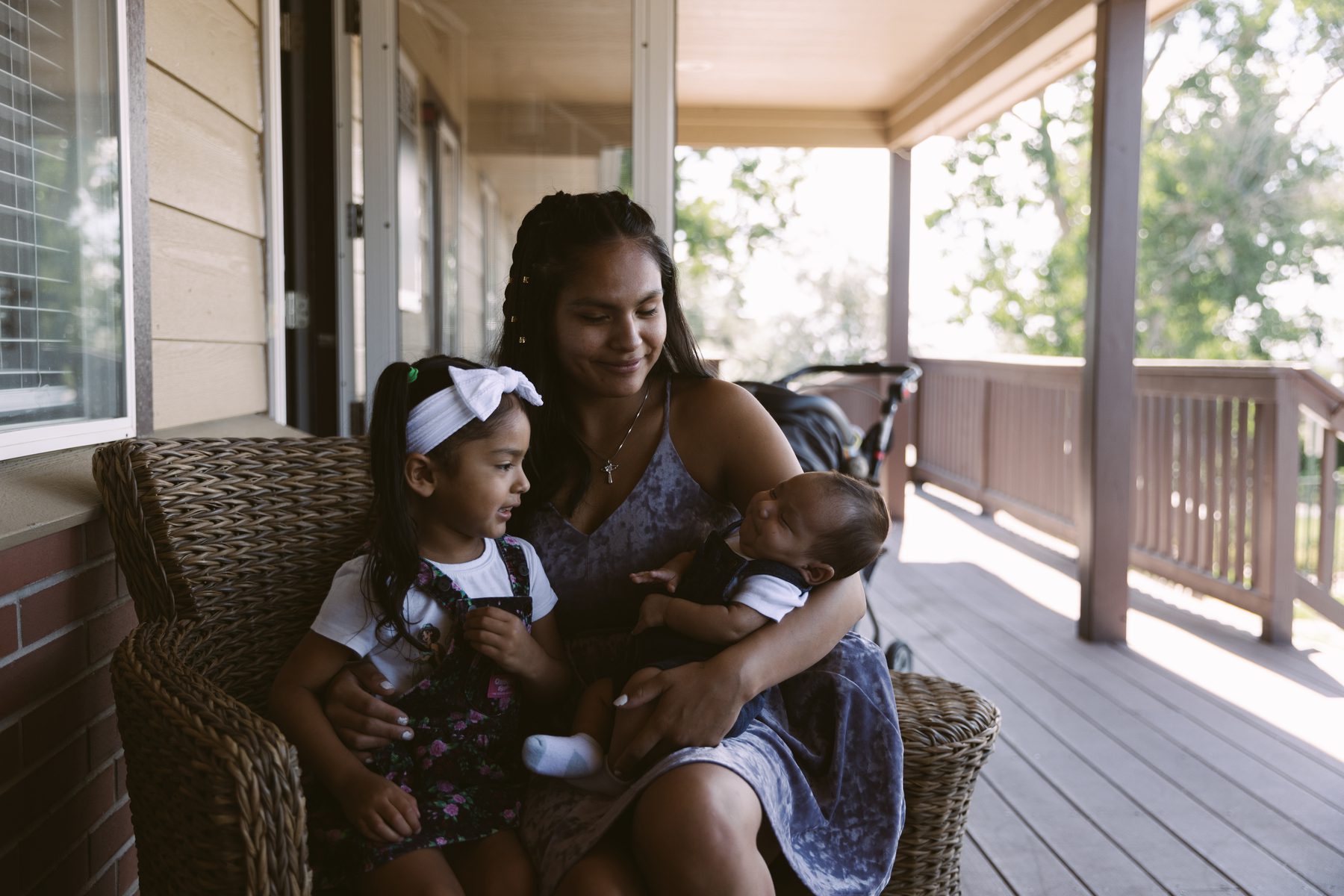
Fifty years have passed since Title IX of the Education Amendments of 1972 went into effect. While the law is perhaps best known for requiring schools to provide women with equal opportunities in sports, it was intended to prohibit discrimination based on sex in any educational programs and activities — including academic, athletic and extracurricular — that receive federal funds. The law guarantees the right to an education for pregnant and parenting students.
But the federal civil rights law is often ignored, misunderstood or blatantly violated in public schools. A charter school in Louisiana required students to take a pregnancy test and then forced them out if they refused or tested positive. Administrators at a school in New Mexico forced a middle schooler to stand in front of her classmates at an assembly while they announced that she was pregnant. Two teens in Michigan were told they couldn’t show their baby bumps in their school yearbook photos.
While these incidents got a lot of attention, most pregnant students, like LaTavia, talk of more subtle “pushouts” that make them discontinue their education: a guidance counselor suggesting they transfer to an online program that is less rigorous; a teacher removing them from an honors course or extracurricular activity; a principal ignoring reports of harassment. All are illegal, yet commonplace. Some educators still believe that having pregnant or parenting teens in school or providing services like nurseries will encourage other students to get pregnant.
Partly as a result, educational outcomes for these students are bleak. According to the Centers for Disease Control and Prevention, only about half of teen mothers receive a high school diploma by age 22, compared with approximately 90 percent of their peers who do not give birth. Fewer than 2 percent of mothers under 18 complete college by age 30, according to a 2006 report published by the National Campaign to Prevent Teen Pregnancy (now Power to Decide).
Schools already fail this population of students. And recently, the U.S. Supreme Court eliminated the longstanding constitutional right to abortion, leaving it up to states to decide. About half of states are expected to ban abortion or allow other restrictions on the procedure to go into effect, and advocates worry the number of pregnant and parenting students will increase.
Wendy Luttrell, a professor of urban education at the CUNY Graduate Center and author of the book “Pregnant Bodies, Fertile Minds: Gender, Race and the Schooling of Pregnant Teens,” said an increase in pregnant and parenting teens is a “commonsense prediction.” But she warned that schools are just as unprepared to support these students as when she wrote the book two decades ago.
“It is alarming, because if we haven’t been able to do that in 20 years, what’s in place for us to be able to even address an uptick?” she said. “Even though there is data that shows how pregnant teens can be supported and can be definitely on an educational trajectory of success.”
The teen pregnancy rate has fallen dramatically since the early 1990s. But despite the drop, it is still one of the highest in the developed world. There were almost 160,000 births to 15- to 19-year-olds in 2020.
And advocates say the declining rate of teen pregnancy has been a double-edged sword; while a welcome development, it also means the issue has been getting less attention and fewer resources. For example, the Pregnancy Assistance Fund, a $25 million federal grant program that supported services for young parents so they could finish school, ended in 2020.
Now, educators and nonprofit staff who work with pregnant and parenting teens are expecting an uptick in the number of young parents they serve. And even those in states that aren’t restricting abortion are making plans to expand.
Shauna Edwards is the founder of Lumen High School in Spokane, Washington, which serves pregnant and parenting teens. She’s preparing for “quite a few more students” from neighboring Idaho, a state where providing an abortion will soon be a felony in most cases. Edwards said not enough thought has been given to how this ruling would affect young parents.
“No matter where you stand on the side of pro-choice or pro-life, if we are going to have access to abortion peeled back, states need to be prepared and provide more services,” she said. “Pro-life has to mean someone’s whole life, and that would mean increases to state support systems and your schooling options.”
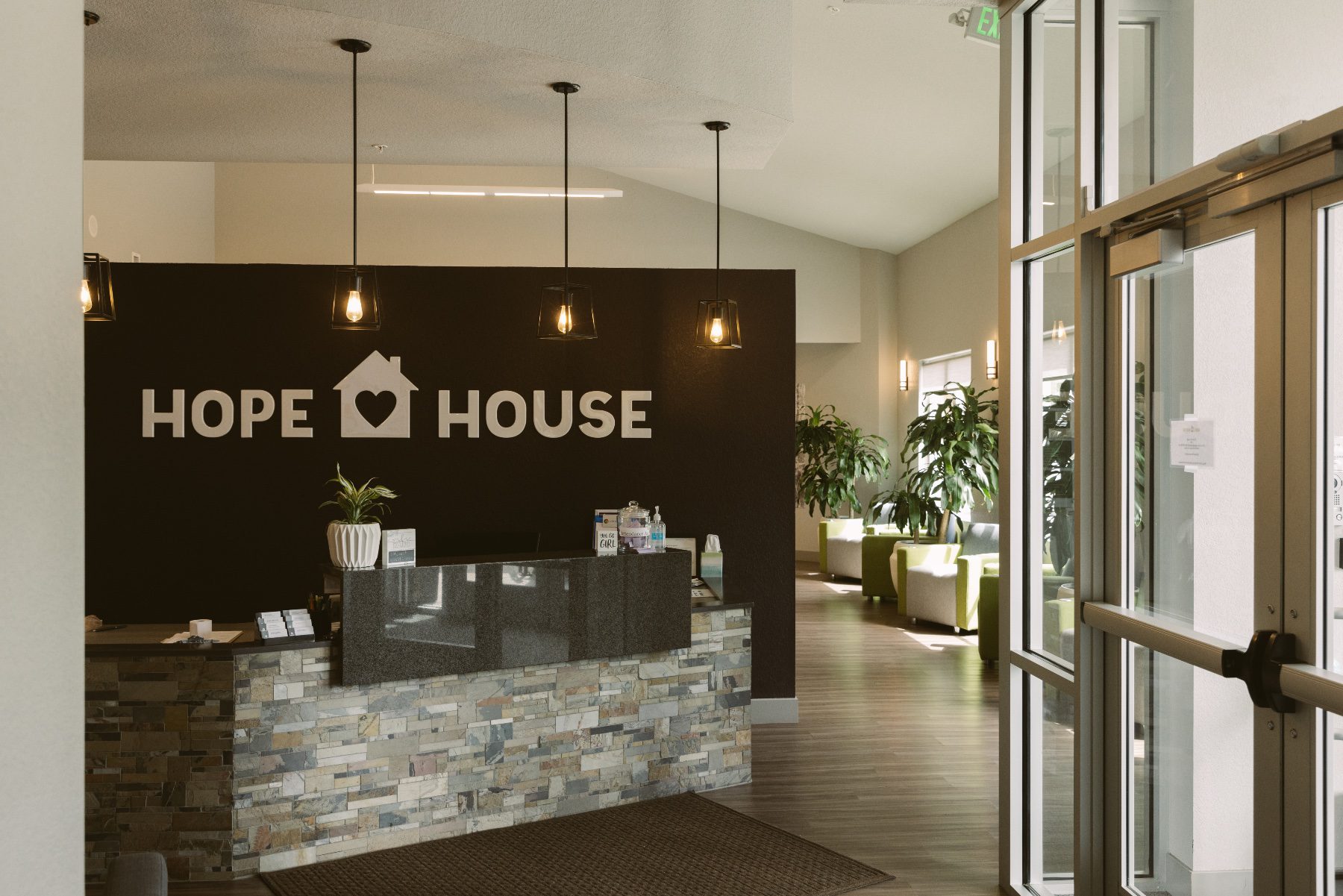
Lisa Steven, who founded and runs Hope House Colorado, which has a residential program and other supports for teenage parents, is also preparing for an influx of applicants, even though Colorado just passed a law allowing abortions in the state. “Teenage moms don’t have access to that type of information, and they believe everything they read or hear on social media. So if social media is blowing up with ‘You’re no longer going to be able to get an abortion,’ they’re just going to believe that.”
Steven is in the process of opening a Hope House affiliate in Nashville and said because of Tennessee’s much stricter abortion laws, she expects to see a higher number of teen pregnancies there as well.
Hope House offers all kinds of wraparound services, from parenting classes and counseling to education and financial programs. Steven said educators don’t understand the Title IX requirements and offer almost no accommodations for students who may not be sleeping through the night because of their newborn, or experiencing postpartum depression, or trying to get to class on time carrying a backpack as well as a baby carrier and a stroller. Most of the teens she works with drop out in ninth grade. “School is not made to feel like a safe place for them,” she said.
A 2015 report by the American Civil Liberties Union of California found that teen moms felt “pushed out” of their schools by educators’ shaming behavior. Another study, by the National Women’s Law Center, found that more than half of pregnant and parenting girls said they felt that other students didn’t want them at school, and almost 40 percent said they felt that way about their teachers. And they said they often faced harassment in school, which made them feel school was unsafe for them.
Analidis Ochoa, now a doctoral candidate in social work and sociology at the University of Michigan, was formerly a tutor at an alternative school for pregnant and parenting students in Florida’s Miami-Dade school district. She said a negative cultural judgment prevailed there, even in a school specifically for these students. Ochoa, who was often called in to translate for Spanish-speaking parents, recalled a mother saying that the school had phoned repeatedly about her absent daughter. The mother explained that her daughter had just had a miscarriage and wasn’t doing well, and the response she got was: “‘Well, tell her this, then she can’t come back. Because if she doesn’t have a baby, she can’t come back to the school.’”
As a former teen parent herself, Ochoa knows how hard it is to stay in school, so she was determined to help her students get into college. But Ochoa said she was shocked by the staff’s low academic expectations for these students; there was no expectation that they would pursue any sort of further education. She couldn’t understand why. “I always thought, you’re not just improving the mother’s life, you’re improving the child’s life as well,” she said. “And so it’s a way of kind of intervening to mitigate intergenerational poverty.”
Luttrell said there is still a bias against these students. “There continues to be a way of thinking about being pregnant, as being at odds with being intellectually engaged,” she said. She said that programs designed specifically for pregnant and parenting teens, in either alternative schools or separate classes, rarely offer access to the same curriculum. “When you don’t get access to all the same kinds of coursework, then your future is limited to the kind of coursework that you do have access to,” she said.
- LaTavia BigBack with her young son. She dropped out of school at 17 but returned and received her diploma at 21, highly motivated by her children. “Because it’s not about me anymore. It’s really about them and their future,” she said.
-
LaTavia Bigback, 21, gets her daughter Amidala, 4, ready to go and send the weekend with her dad. LaTavia split from Amidala’s dad while she was pregnant and 17 years old.
(The Hechinger Report/Jimena Peck)
The social and economic implications for these teenagers when they drop out are profound. Those without a high school diploma have lower lifetime earnings, higher unemployment and greater reliance on social service programs. And perhaps even more worrisome are the outcomes for the children of teenage mothers, who score lower than children of older parents in health, intellectual and behavior assessments. Research finds babies of teens are more likely to have a low birth weight and higher rates of abuse and neglect; they are less likely to complete high school and more likely to become teen parents themselves.
But with proper support, teen parents can thrive. As the Biden administration reviews Title IX this year, advocates say this is an opportunity to strengthen existing protections for pregnant and parenting students. In a 2012 survey of state laws and policies by the National Women’s Law Center, almost half the states had no statewide program, grant or support designed specifically for pregnant and parenting students, and fewer than half the states explicitly made homebound or hospitalized instruction services available to pregnant and parenting students.
“How are we going to educate all these young parents? I feel that that’s not in the dialogue,” said Janet Max, the president and CEO of the nonprofit Healthy Teen Network. She said anti-abortion advocates who pushed to overturn Roe aren’t talking about supporting these young parents or their babies. “There does not seem to be any plan about the implications of this beyond just ending Roe and ending access to abortion.”
Laura Echevarria, the communications director for the National Right to Life organization, agrees there should be more support for young mothers. “These programs that should have existed, many of them never got the opportunity to get off the ground,” she said. “But this can change now. The mantra needs to change. Instead of saying, ‘Get an abortion,’ it needs to be, ‘What can we do for you?’ ”
Echevarria said some states are already responding to the anticipated increase in pregnancies. For example, South Dakota launched a new website with information on parenting, adoption and financial assistance. Georgia passed a law making it easier for nonprofits to operate group homes for pregnant and parenting people. Some states are looking at ways to expand and fund pregnancy centers that offer prenatal care and education, using tax dollars. Echevarria soon expects more legislation across the country that’s “protective of unborn babies.”
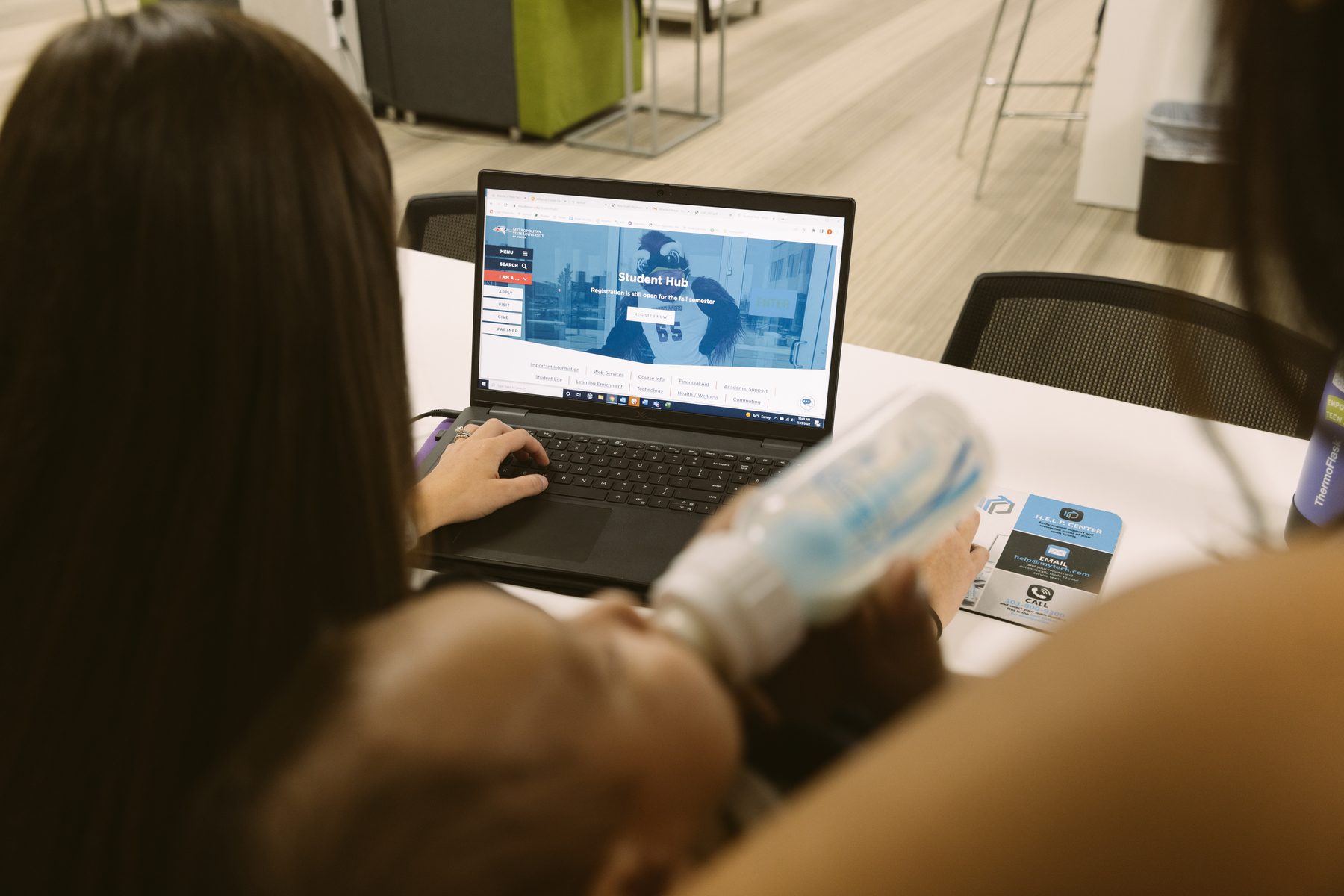
The U.S. Department of Education has released proposed changes to Title IX, which it recently opened to public comments. Cassandra Mensah, a counsel at the National Women’s Law Center, called the proposed protections “overall, a really positive and necessary step” that could significantly help pregnant and parenting students stay in school.
For example, the current regulations are silent on lactation rooms, but Mensah said the proposed rules require schools to provide support for breastfeeding students, including a clean, private space in school that is not a bathroom.
Under the proposed rules, schools will also have to give teens time off for pregnancy for as long as a health care provider, not just a physician, deems necessary. And while current Title IX rules don’t explicitly mention a school’s role when pregnant or parenting students are harassed, the proposed changes make clear any pregnancy-related harassment is prohibited under Title IX and that schools would be required to investigate complaints in a “prompt and equitable manner.”
Some advocates want additional regulations they say will help, such as better data collection; currently, there is no requirement that schools collect even basic information on this population.
“A lot of districts actually don’t know how many of their students are pregnant or parenting — that’s part of the problem,” said Lisette Orellana Engel, a vice president at National Crittenton, a nonprofit that supports teen parents.
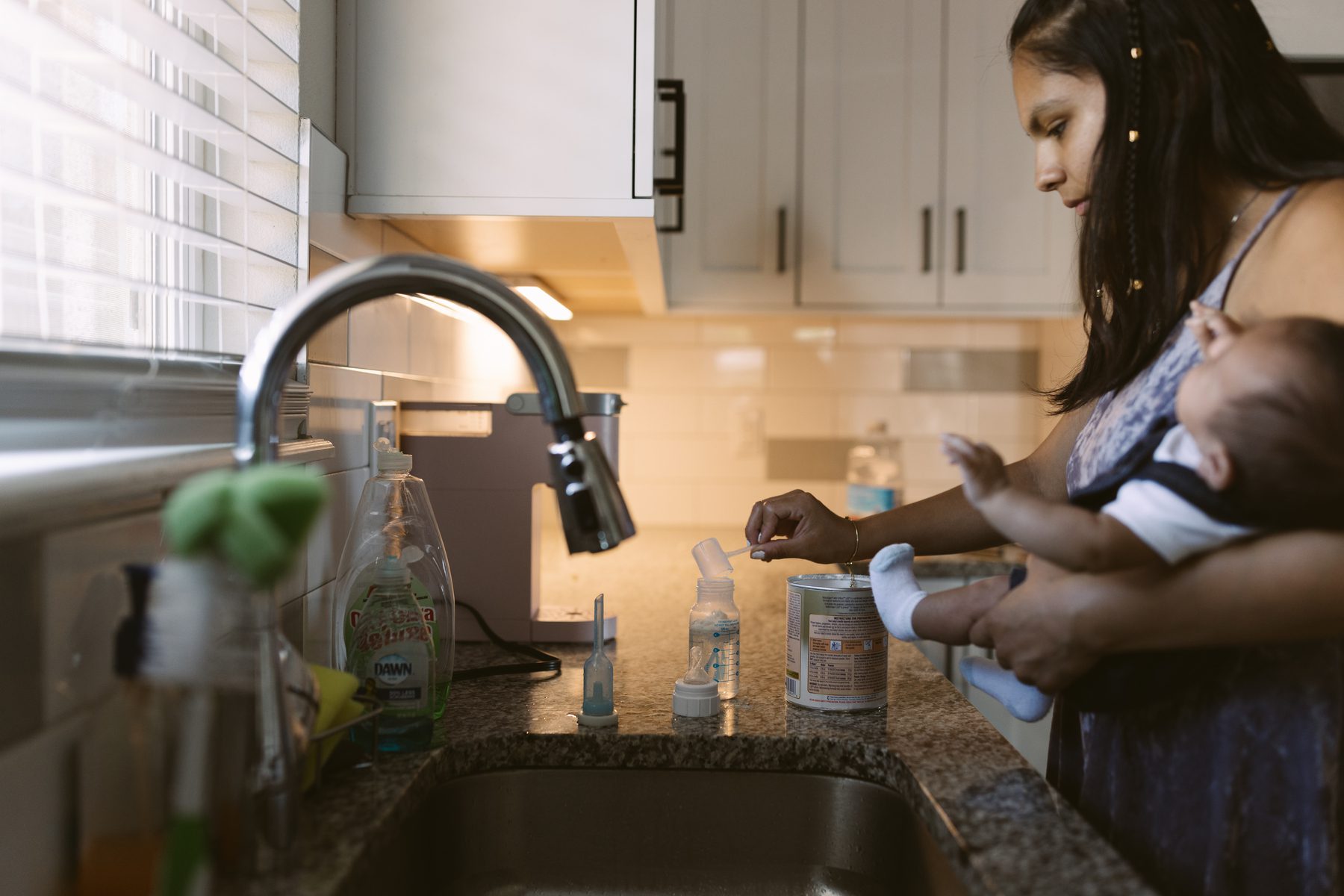
In Colorado, LaTavia BigBack was struggling to see a future for herself and her child until she heard about Hope House and took parenting classes there. When she got pregnant again, she moved into the Hope House residential program, where she now lives. She decided to complete her high school diploma online. “I don’t want them to have any excuse to not finish. Like I had two kids and I was able to finish high school,” she said. “I think both of them should be able to finish.”
Today LaTavia is 21, with a 3-year-old daughter and an 8-week-old son. Her eyes shone as she proudly held up her son, dressed in a Mickey Mouse onesie, during a Zoom interview. She has met with the career and college coordinator and filled out applications to colleges. In July, she learned that she was accepted to the Metropolitan State University of Denver, where she plans to enroll this fall.
Without all the extra support, LaTavia said her life would be very different. The biggest change is that she thinks she would have lost custody of her beloved children. “I honestly wouldn’t have had them with me,” she said. As she cooed to her son, LaTavia marveled at how much better life is now. “Because it’s not about me anymore. It’s really about them and their future,” she said, smiling.
Neal Morton and Caroline Preston contributed to this story.
